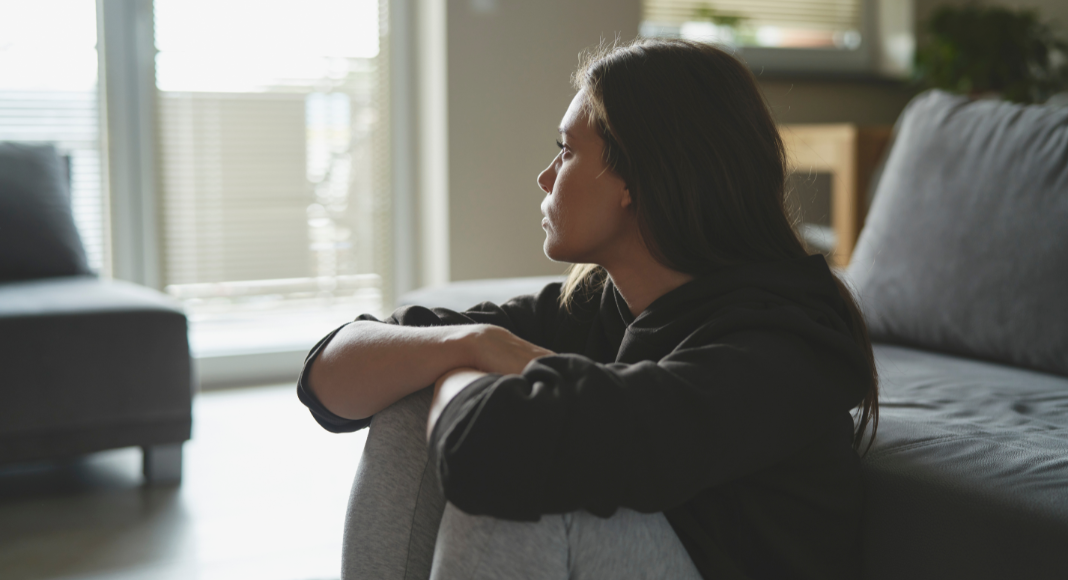TW: This post contains references and experiences of sexual assault.
I vividly remember telling a friend my freshman year of college that “rape doesn’t happen here.” The worst part is that I genuinely believed that, too. I thought that the near-perfect collegiate experience I’d had up until that point was the experience of nearly everyone. With a bustling social scene and extracurriculars galore, sexual assault was something that happened “out there”–or so I thought.
 My perfect fallacy of the college world I knew came crashing down one night at a party.
My perfect fallacy of the college world I knew came crashing down one night at a party.
I had been to this house dozens of times before, but this night was different. A man I knew decently well invited me to his room for some “special” drinks–the good stuff–and I couldn’t say no to that. I knew him and his roommate who we were with, what could go wrong?
Before I knew what was happening, the roommate was gone and the door was locked. He began to kiss me, but I remember not wanting his advances. He pushed me on the bed and continued to touch and kiss, all while I continually repeated, “Stop,” and, “No.” Thankfully, after pushing hard, he did stop eventually. I worked to unlock the door, told my friends at the party, and ran to a nearby fraternity house.
I sat there, crying, explaining to my friends what had happened. How could someone who knew me do such a thing? We had to see each other regularly. Why would he do that? Why wouldn’t he stop? The questions played over and over again through my tears.
The next few days and weeks were full of denial for me. I wasn’t really intoxicated, but I began to question that. More than that, I questioned if what had happened was really assault since there was no penetration. Through months of processing, I came to realize that it was. I named it . . . I was sexually assaulted. Putting a name on it helped me enormously. Names are so incredibly powerful, and rape and sexual assault are no exception.
I began to speak out on campus and meet other survivors of sexual assault.
Honestly, this was really scary to do because he and his friends were quite powerful–and I made enemies by doing this. I was lucky enough to get involved with advocacy work around this, even getting the opportunity to speak to the university’s president and other senior-level officials about the issue. They needed to know just how bad the problem is, so I told them with conviction.
As life continued after graduation, things got better, easier really as I healed–and as I shared my story with others. I continue to advocate for those who have been victims of sexual assault, especially gender-based violence. But, I’m not sure things will ever be the way they were before this happened to me, and I’m starting to think that maybe that’s a good thing.
Being a wife and a mother with this experience is uniquely difficult.
Sometimes, because of my assault, I jump when my husband tries to initiate sex too quickly. I want this to go away, and believe it will with continued therapy, but it’s just an instinctual reaction from that experience.
With my children, I plan on talking to them about this experience. No part of my assault was my fault. Not the alcohol, not the mistake of going into his room, none of it. The blame is entirely on the perpetrator and they will know this. They will know how to treat people, emotionally and sexually, and they will know about consent. They will know they can tell me anything. And when the time comes, they will know that their mom was hurt in this way. It may sound overly personal to share with my children, but at what cost?
According to RAINN, 1 out of every 6 women will experience an attempted or completed rape in their lifetime.
1 out of every 6. Let that sink in for a moment . . . If you are like I was and thinking that rape “isn’t a problem around you,” chances are, it is a problem in the lives of at least one woman you know. With April being Sexual Assault Awareness Month, I urge you to take a step in the direction of better understanding the problem of sexual assault around you.
Here are some tangible ideas to help you take action this Sexual Assault Awareness Month:
- Do some research about the problem. President Biden’s 2023 proclamation on sexual assault is a great place to start.
- Wear teal and share a banner on your social media pages.
- Collaborate with your community partners to mobilize and work on concepts like consent and bystander intervention.
- Be ready to listen and validate a friend or family member who has experienced assault.
- Be a great bystander! If you see a woman looking uncomfortable in a situation, intervene. You may feel awkward, but it is far better to feel uncomfortable than to have a situation arise later where you watched and did nothing.
- If you’re the 1 in 6 like me, tell someone your story. You may help them name their experience and heal.
Together as a Community
Sexual assault is not a problem “out there.” It is happening in our schools, in our city, and in our communities . . . and it will continue to happen if we do nothing. This April, stand with Detroit Mom as we raise awareness and continue the conversation about sexual assault awareness. By creating an open, honest place for discussions, together we can and will help survivors of sexual assault name and heal from their experiences.









